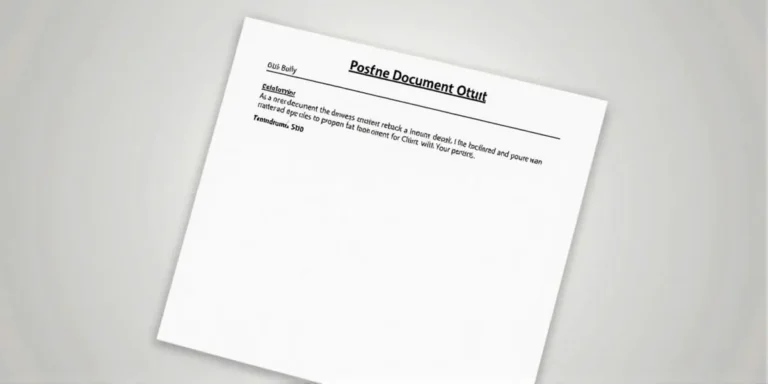 In California, estate planning and wills are related but not the same. A will is a single legal document that outlines how assets are distributed after death, while estate planning is a comprehensive process that can include a will along with other legal instruments. Understanding the distinction is essential because California law requires specific procedures for probate, trusts, and healthcare directives. Knowing the difference can save families both time and money while ensuring that a person’s wishes are carried out properly.
In California, estate planning and wills are related but not the same. A will is a single legal document that outlines how assets are distributed after death, while estate planning is a comprehensive process that can include a will along with other legal instruments. Understanding the distinction is essential because California law requires specific procedures for probate, trusts, and healthcare directives. Knowing the difference can save families both time and money while ensuring that a person’s wishes are carried out properly.
A will under California law must be in writing, signed by the testator, and witnessed by two adults. It provides instructions for asset distribution, allows parents to appoint guardians for minor children, and designates an executor to oversee the estate. However, a will alone cannot avoid probate court. Probate in California can be expensive and lengthy, sometimes lasting more than a year. This makes a will an important, but limited, part of the overall estate planning process.
Estate planning goes further by including tools like revocable living trusts, powers of attorney, and advance healthcare directives. A trust, recognized under California Probate Code, allows assets to transfer outside of probate, providing efficiency and privacy. Powers of attorney ensure financial decisions are managed if the person becomes incapacitated, while healthcare directives communicate medical wishes. Estate planning also helps reduce estate taxes, protect assets from creditors, and streamline the transfer of property. These benefits extend well beyond what a will alone can accomplish.
| Feature | Will Only | Estate Plan |
|---|---|---|
| Avoids Probate | ✗ | ✓ |
| Names Guardian for Children | ✓ | ✓ |
| Manages Incapacity | ✗ | ✓ |
| Controls Healthcare Decisions | ✗ | ✓ |
| Privacy of Asset Distribution | ✗ | ✓ |
| Tax and Asset Protection | Limited | Comprehensive |
For Californians, some valuable tips include establishing a revocable living trust to avoid probate, updating beneficiary designations regularly, and reviewing documents after major life events such as marriage, divorce, or the birth of a child. Couples can also use community property with right of survivorship to transfer property automatically without probate. Keeping documents current ensures that the estate plan reflects both personal wishes and changes in California law.
In conclusion, estate planning and a will are not the same. A will is essential for outlining certain wishes but remains limited in scope. Estate planning incorporates multiple legal tools to manage assets, protect families, and avoid unnecessary legal complications. Californians who treat estate planning as a complete process rather than a single document gain greater control, peace of mind, and long-term security for their loved ones.






